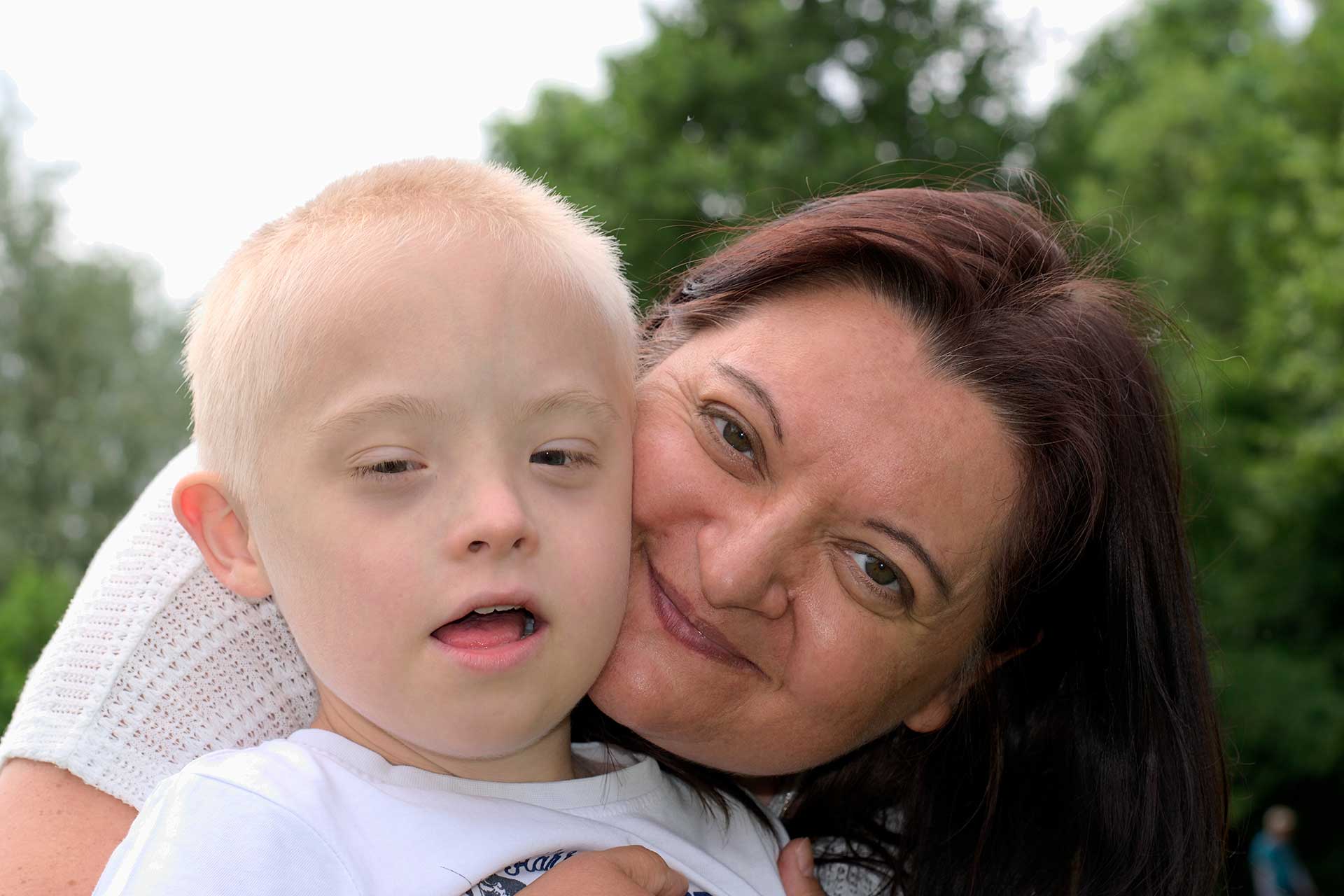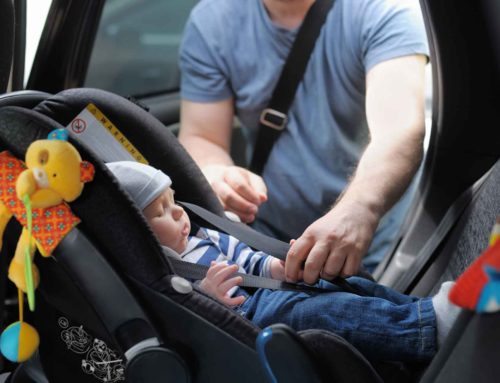As a mother of a child with a rare genetic condition, there are lessons I’ve learned over the years that have helped me become a better parent and effectively advocate for my son. Dealing with the diagnosis of a special need is difficult, but there are steps that every parent can take immediately to find support and security in a time of uncertainty.
Ask questions even though it may feel difficult and scary.
When I think back to when my son was born over 19 years ago there were so many questions that my husband and I had. The first was “why us?” My son was born at 35 weeks and we knew right away that life would be different. We were fortunate to have many family and friends surrounding us to help us cope with this new reality. We also had our faith that helped us to, after time, accept this new life. While I felt overwhelmed in the beginning, I learned it was important to talk to my son’s physicians. Be sure to ask them to explain your child’s condition in language that you can understand. If you don’t understand some of the medical jargon – ask them to explain it again in plain and clear language. You will be the one doing the care giving and should feel comfortable in what you know. You can never ask too many questions.
Connect with a nurse or social worker either at the hospital or in your community’s public health department.
When dealing with an infant with special needs, it is important to connect with professionals and experts to find the best early intervention services available for your child. Visiting your state agency’s website and searching for an early intervention office in your state is a great first start. We had the good fortune to live in Milwaukee and had our son transferred to Children’s Hospital of Wisconsin for surgery on his 4 lb 9 oz body. Our NICU nurse told us to apply for every type of program in the state that we could find to help rovide him with therapy and early intervention services. We also had a visit from the social worker with the Birth-to-3 Program in Wisconsin, http://www.dhs.wisconsin.gov/children/birthto3, while in the hospital and found the Birth-to-Three program that was right for him. The National Early Childhood Technical Assistance Center (NECTAC) is great source when researching early intervention services for your state. Use NECTAC’s Contact Finder located under “State Programs Under IDEA” and select “Part C Coordinators.” The contact finder is located at http://ectacenter.org/contact/ptccoord.asp
Apply for programs/funding sources that might benefit your child.
The cost associated with care for a child with special needs can feel very overwhelming at first, but there are state funded programs that are there to help. In Wisconsin, we applied for the Katie Beckett Program http://www.dhs.wisconsin.gov/children/kbp/index.htm which provided secondary insurance to cover cost after our primary insurance paid and the Family Support Program http://www.dhs.wisconsin.gov/children/fsp/index.htm to help with items that insurance wouldn’t pay for. This was a lot to tackle, but while he recovered from surgery and gained some weight I had the chance to spend some time learning about local and state resources to help get his future care in place. It was really hard to answer all of the questions for all of the different applications but, in the long run, it was the best thing for him. He has been receiving assistance from birth from various programs and has grown into a young man who still requires a lot of support and always will.
Find a support group of other parents to connect with either in person or online. I had the chance to connect with other parents through a local support group. It was one that I started on my own through my employer at the time. Without those words of encouragement early on from other parents, professionals and resources we may not be where we are today. More and more parents are connecting online through chat rooms, Facebook, listservs and other electronic means. Parent to Parent of WI http://www.p2pwi.org provides a formal match to another trained parent traveling a similar road relating to disability or special health care needs. I was trained as a Supportive Listener and have been matched with other parents.
Share what you know informally or formally.
Today I work at Children’s Hospital of Wisconsin in the Daniel M. Soref Family Resource Center http://www.chw.org/display/PPF/DocID/25698/router.asp as an Outreach Specialist for the Children and Youth with Special Health Care Needs. I’ve learned a lot along the way and my career took a shift when my son was born. I wanted to find a way to share my experiences with other families. I’m happy to have the opportunity to share what I’ve learned over the past 19 years and help others through my experience.
Are you the parent of a child with special needs? If so, what are some lessons you have learned that have made you a better parent?
Meg Steimle is an Outreach Specialist with the Southeast Regional Center for Children and Youth with Special Health Care Needs at Children’s Hospital of Wisconsin. Meg has a Bachelor of Arts degree in Psychology and most recently completed a fellowship with the Maternal and Child Health Public Health Leadership Institute at UNC Gillings School of Global Public Health. Meg is the parent of a son with a rare genetic disorder that significantly affects all aspects of his functional abilities. Her son brings great joy to her and her husband’s life and gives them a sense of connection with other families of children with special needs.







